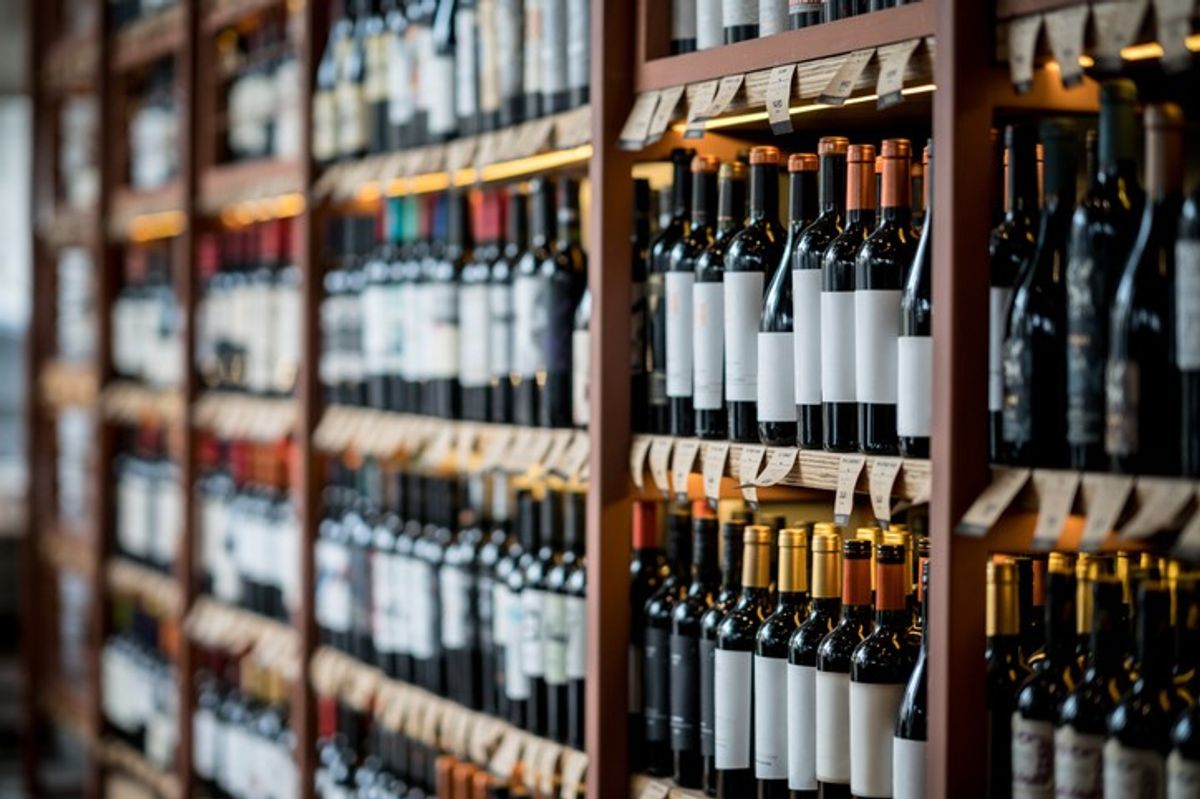A cluster of trade associations representing the alcohol and retail sectors have collectively condemned the Scottish government’s proposals for a ban on alcohol advertising and promotion.
Nine trade bodies representing beer, wine, spirits and retailers, in addition to the Retail of Alcohol Standards Group (a panel of major UK retailers), have signed a joint letter warning the government that if the proposals go ahead, Scotland’s businesses will be severely harmed and lead to further price hikes.
The trade bodies, united under the umbrella of the Scottish Alcohol Industry Partnership (SAIP), argue that the ban would not reduce harmful drinking and is likely to push up crime.
“There is no specific evidence which shows that restricting the ability to promote and responsibly market products, including low and no alcohol products, in store, will lead to a reduction in alcohol sales or alcohol consumption," Insider quoted the letter.
“Retailers throughout Scotland go to great lengths to ensure that they have the correct licences to retail alcohol, that products are labelled according to UK labelling requirements, that products are placed in stipulated areas as per the Premises Licence and that products are sold for at least the minimum unit price."
“Moving alcohol to the back of stores or to closed off areas will hinder a store’s ability to comply with the licensing objective of preventing crime as colleagues at the tills would not be able to visually monitor those areas.”
The letter also points out that such a measure will cost a minimum of £15,000 a time to relay smaller convenience stores and £25,000 a time for larger stores, even with no new equipment.
“With the suggestions of installing barriers, moving alcohol away from windowed areas, enclosing alcohol behind opaque doors or even having a closed off and separate area within stores for alcohol, retailers would incur very substantial costs when their top priority is seeking savings that they could pass on to customers," states the letter.
“The measures as they stand will needlessly hold our country back, to the detriment of Scottish society: restricting consumer choice, increasing costs, and threatening the thriving economic contribution of our sector to the wider community," it concludes.
The letter was signed by Adult Non-Alcoholic Beverage Association, Association of Convenience Stores, Retail of Alcohol Standards Group, Scottish Alcohol Industry Partnership, Scotch Whisky Association, Scottish Beer and Pub Association, Scottish Grocers’ Federation, Scottish Retail Consortium, Scottish Wholesale Association, The Society of Independent Brewers and Wine & Spirit Trade Association.
This follows a similar open letter sent earlier this month from Scotland’s distilleries and brewers, voicing concerns that banning alcohol from sponsoring sports and cultural events and removing branding from pubs could destroy Scotland’s drinks industry.


